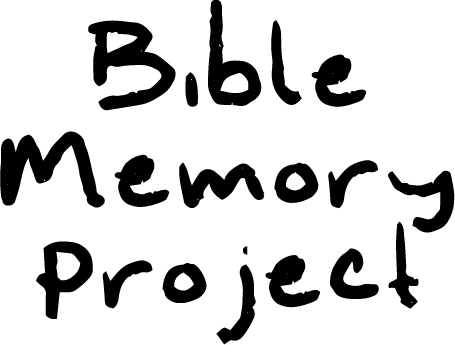Isaiah 9:6 "A Beginning to Ponder" (Birth - Week 3)


For to us a child is born, to us a son is given; and the government shall be upon his shoulder, and his name shall be called Wonderful Counselor, Mighty God, Everlasting Father, Prince of Peace. (ESV)
For to us a child is born, to us a son is given, and the government will be on his shoulders. And he will be called Wonderful Counselor, Mighty God, Everlasting Father, Prince of Peace. (NIV)
For a child is born to us, a son is given to us. The government will rest on his shoulders. And he will be called: Wonderful Counselor, Mighty God, Everlasting Father, Prince of Peace. (NLT)
Dive Deeper:
“Could you toss me another pillow?” I remember asking my wife, struggling to prop up our newborn as I held her in the hospital. “She’s so little. So vulnerable. So delicate,”—I kept thinking—“How are we going to keep her safe?” Fast forward to the time of writing this, our daughter is 3 months old. She has gained 5 pounds, holds her head up, and wiggles around like a worm. She is already so much stronger. Until I look back at the photos, I forget just how fragile our baby girl was in that first week. I guess I’ve gotten so used to who she has become.
“Wonderful Counselor, Mighty God, Everlasting Father, Prince of Peace.” Those names seem to get all the air time in Isaiah 9:6. They make for great lyrics in a worship song and topics for a sermon series, and I’m all for that. But as we continue this series on the Gospel, I’m stuck on the first half of the verse. “For to us a child is born, to us a son is given; and the government shall be upon his shoulder,” (Isaiah 9:6a). The government shall be on the shoulders of a child? When was the last time we considered that?
We like strong leaders. Those who carry a powerful presence into a room. The kind of people who can “make things happen.” Take the past election. Both parties claimed the other could destroy the country while they would ultimately save it. This is how our world works: Leaders make claims of great strength. So when we consider King Jesus, the child, we squirm a bit. He flips everything we know upside down. We can’t easily reconcile those four strong names given to Jesus with His newborn arrival.
Being that it’s January, Christmas is over, and we’re already moving to Easter. We might be ready for the 30-year-old Jesus who displayed the power to forgive, heal, and deliver. But that same Jesus was a baby. Why do we lose sight of that? Maybe we just get so used to the image of strength He has become.
If we let it, the birth of Jesus stops us in our tracks, forcing us to feel the gravity of a Messiah coming as a child. The one born in the dirt, to a delicate newborn body, while holding on His shoulders the dominion, power, and authority of the kingdom of heaven. In Jesus’ birth, a new vision of strength emerges—a type of strength displayed through weakness. We have to reflect on this repeatedly. Otherwise, we merely jump to His triumphal end and forget His lowly beginning. Meditating on Jesus’ beginning grounds us in His ending. As we memorize Isaiah 9:6 this week, we hope to be like Mary, who “treasured up all these things”, and ponder this beginning. We worship a King who describes himself as gentle and lowly. Rest in that.
Written by Ben Hesch
0 comments


